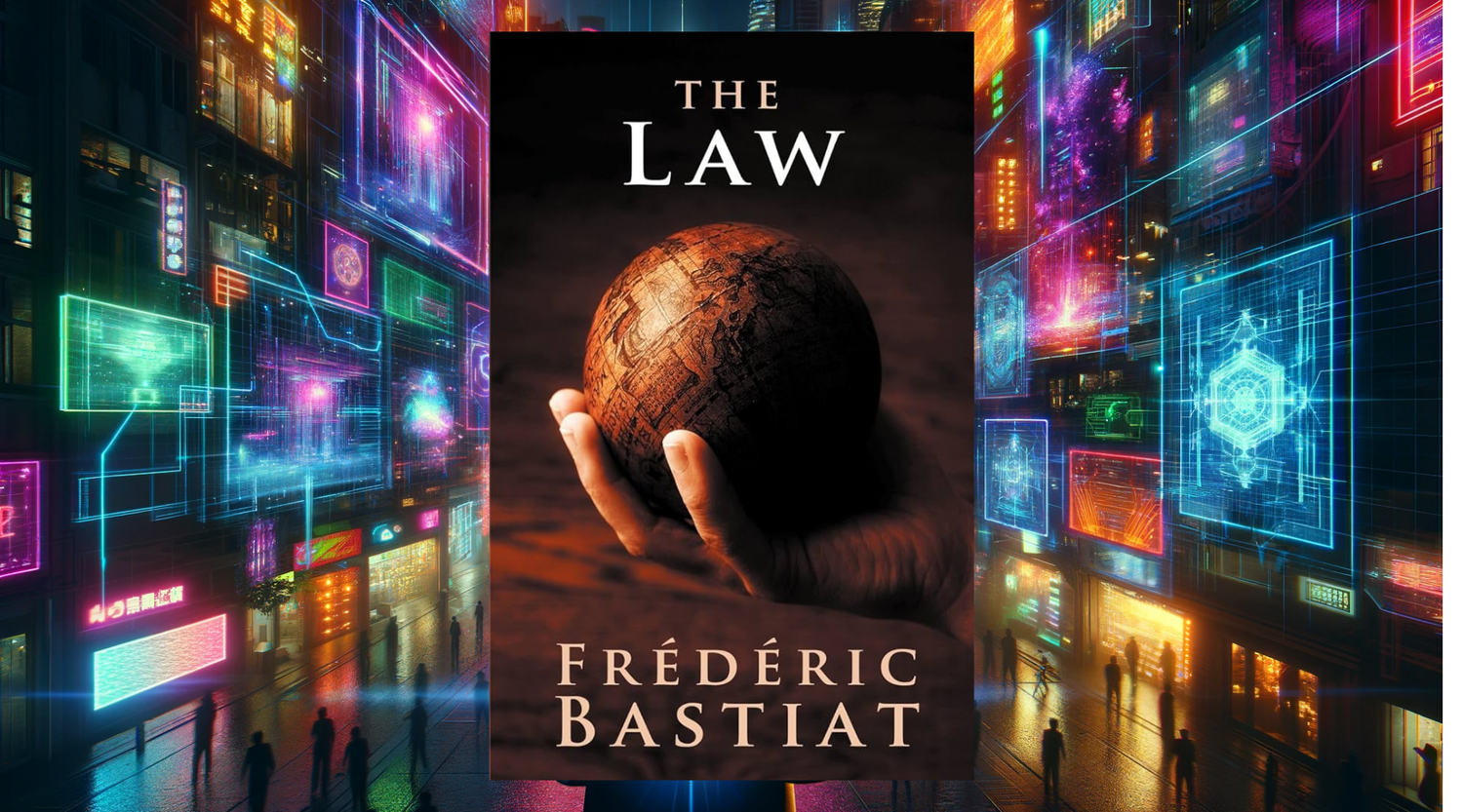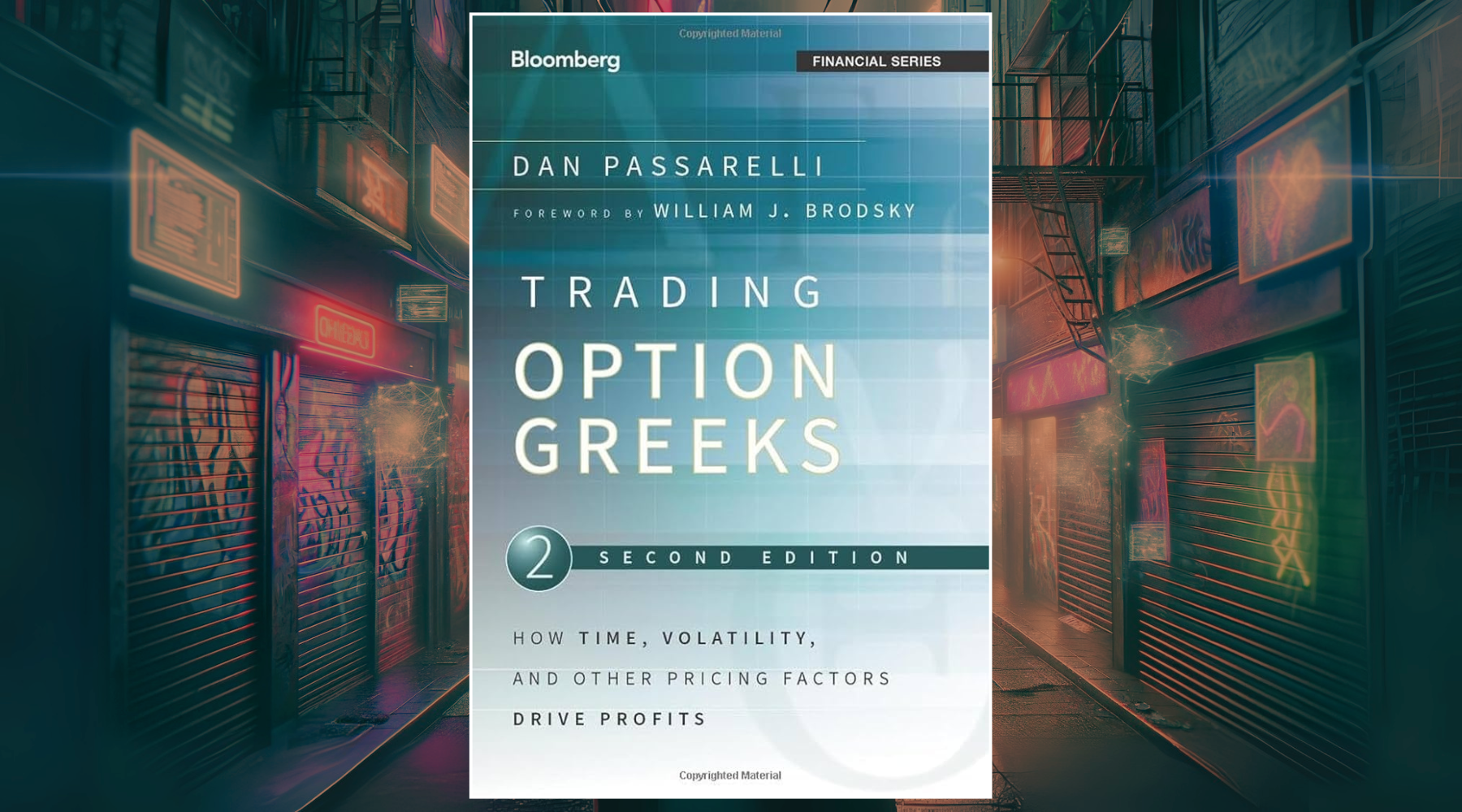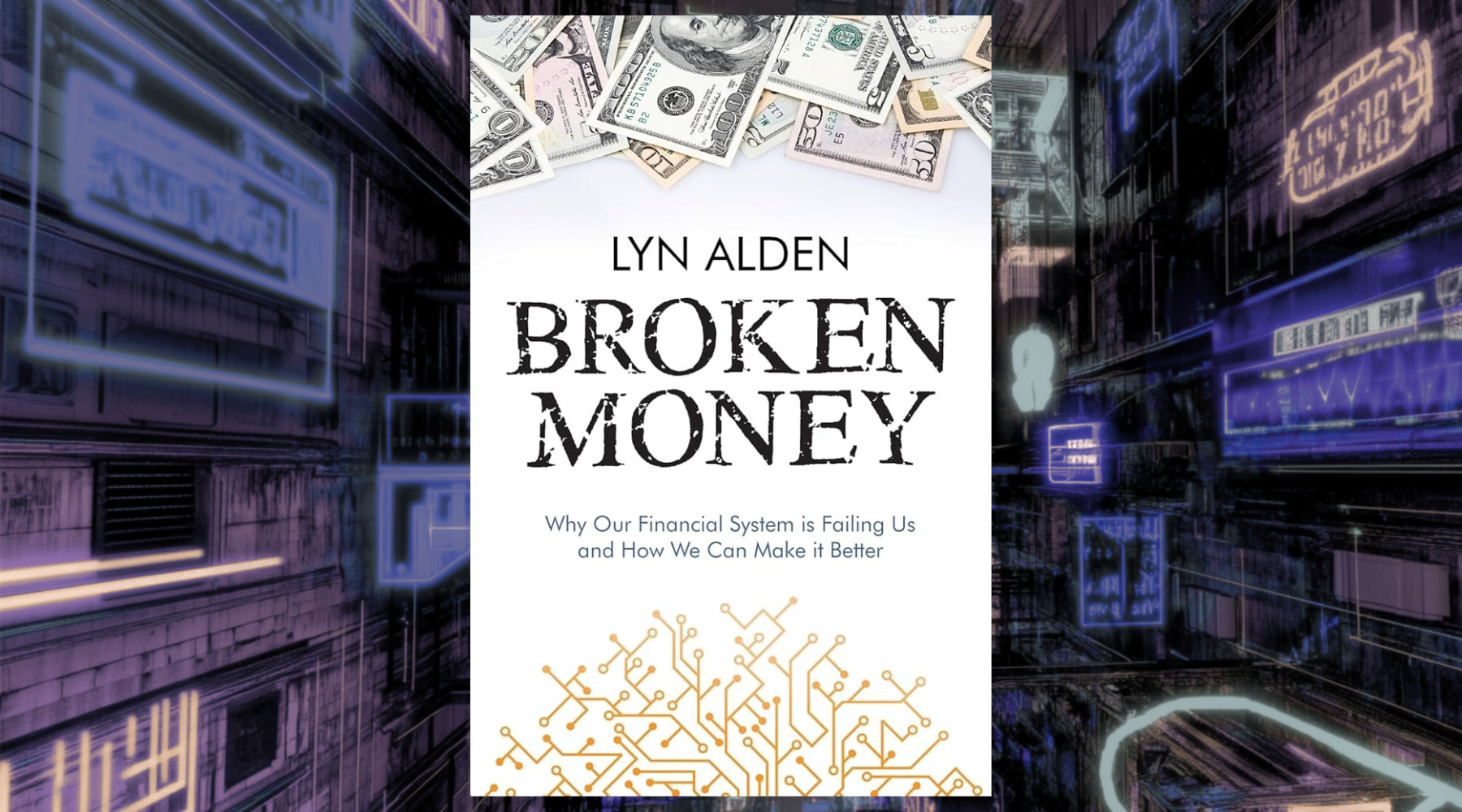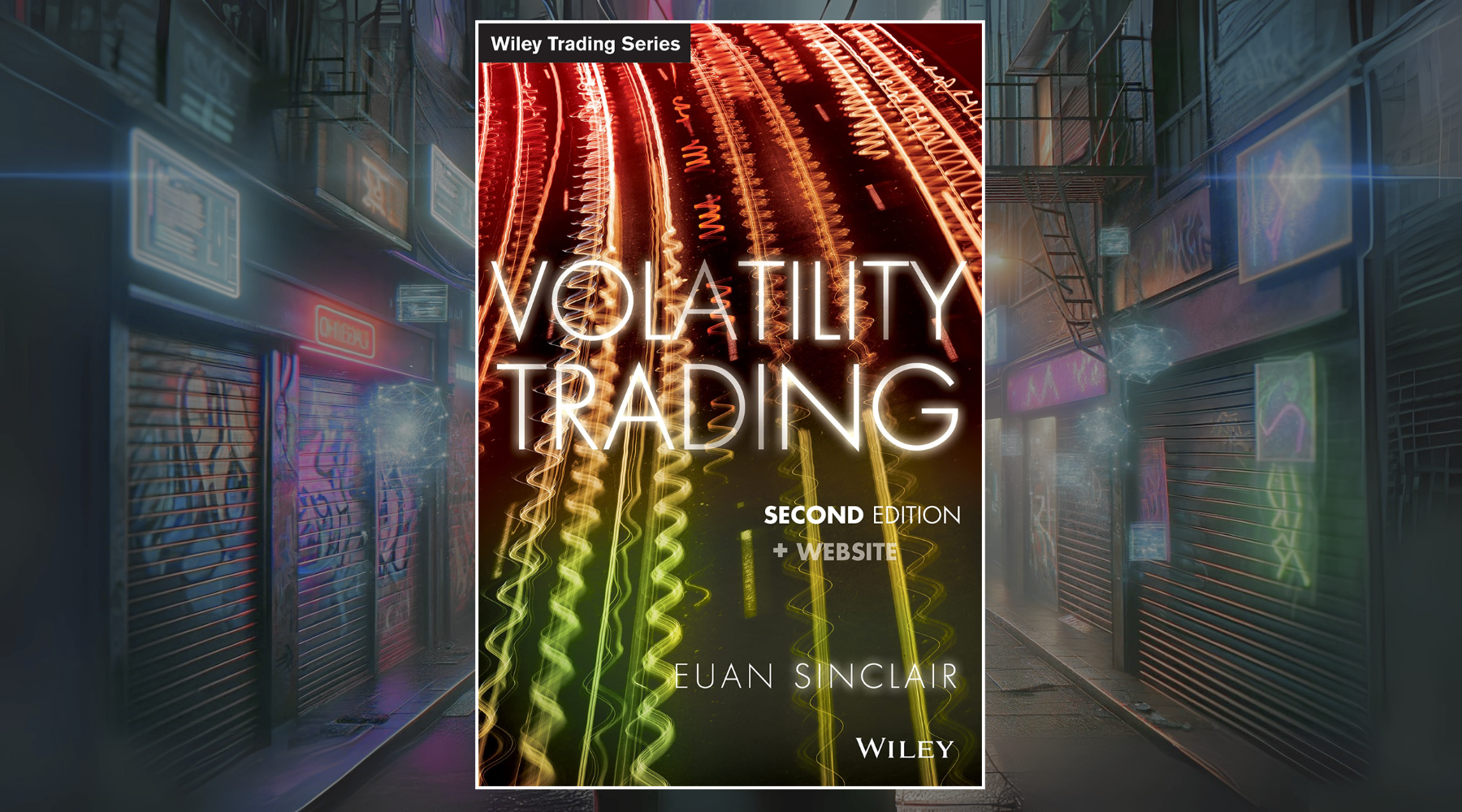The Law by Frederic Bastiat
"The Law," a pamphlet first published in June 1850, has already reached its 150th anniversary. With its timeless insights, it is likely to remain relevant for a long, long time to come.
Written by French economist Frédéric Bastiat, this is a book that strongly criticizes the way people in power misuse the law for their own benefit and take unfair advantage of others. Bastiat argues that the law should have a limited role - it should focus on protecting people's basic natural rights to life, liberty, and property.
This book is a powerful argument against the abuse of governmental power and the twisting of the law to serve the interests of a few rather than protecting the liberty of all.
“Life, liberty, and property do not exist because men have made laws. On the contrary, it is the fact that life, liberty, and property existed beforehand that caused men to make laws in the first place.” ~ Frederic Bastiat, The Law
For being a small pocketbook less than 80 pages, this book was able to wear out my highlighter. When I read a book for the first time I like to highlight interesting or important sentences and paragraphs. After making it about 20% of the way through this book I just put the highlighter away because almost every paragraph up to that point was highlighted.

This is a very short, extremely concise book with no fluff.
About Frederic Bastiat

Frederic Bastiat (1801-1850) was a famous French economist, politician, and writer. He produced most of his important work around the time of the French February Revolution of 1848 and in the years that followed. During this period, France was moving towards socialism.
As a member of the Legislative Assembly, Bastiat focused on criticizing the growing socialist ideas. He predicted that these ideas would eventually turn into communism. Despite how clear his analyses were, most people at the time ignored his warnings.
"The Law" is being introduced to readers again at a time when the United States is seeing a rise in socialist and communist ideas, similar to what happened in France in 1848. Bastiat's critiques and arguments from that time are surprisingly relevant today, word for word. This shows how valid his work still is. His views deserve careful thought in today's political and social situation.
In my opinion, this is a very important book, and it should be mandatory reading for all freshmen members of Congress!
Topics Discussed in The Law
Purpose of Law
Bastiat argues that the purpose of the law is to prevent injustice and protect individuals' natural rights to life, liberty, and property. He believes that the law should only be used to prevent individuals from harming others or infringing upon their rights, and should not be used to compel or force people to act in certain ways.
“Each of us has a natural right – from God – to defend his person, his liberty, and his property. These are the three basic requirements of life, and the preservation of any one of them is completely dependent on the preservation of the other two.” ~ Frederic Bastiat
The Law
Frédéric Bastiat's timeless treatise on the proper role of government and individual liberty. This influential 1850 essay explores the concept of legal plunder, the limits of lawful authority, and the fundamental principles of justice. A foundational text for understanding classical liberal philosophy and the relationship between law, economics, and personal freedom.
View on AmazonLegalized Plunder
The law should only be used to protect individuals' natural rights to life, liberty, and property. However, Bastiat believes that the law is often used to engage in "legalized plunder," which he defines as using the law to take from some individuals what belongs to them and give it to others. Bastiat argues that this is a perversion of the law's proper purpose and that it is a form of theft that is protected by the legal system.
“See if the law takes from some persons what belongs to them, and gives it to other persons to whom it does not belong. See if the law benefits one citizen at the expense of another by doing what the citizen himself cannot do without committing a crime.” ~ Frederic Bastiat
This type of plunder is often undertaken by the state and that it is a problem that has existed on a vast scale throughout history. Bastiat argues that the law should be used to prevent injustice and protect individuals' rights, not to engage in legalized plunder.
“When a portion of wealth is transferred from the person who owns it – without his consent and without compensation, and whether by force or by fraud – to anyone who does not own it, then I say that property is violated; that an act of plunder is committed.” ~ Frederic Bastiat
Greed & False Philanthropy
In "The Law," Frederic Bastiat argues that the law has been perverted by the influence of two entirely different causes: stupid greed and false philanthropy. He believes that people have a natural desire to live and prosper at the expense of others, and that this desire has led to the use of the law to plunder and exploit others.
Bastiat defines plunder as any time when someone takes the shortest path to avoid pain, suffering, and work, and instead takes what belongs to someone else. He argues that this type of plunder is often protected by the law, and that it is a perversion of the law's proper purpose.
"Men naturally rebel against the injustice of which they are victims. Thus, when plunder is organized by law for the profit of those who make the law, all the plundered classes try somehow to enter – by peaceful or revolutionary means – into the making of laws." ~ Frederic Bastiat
Bastiat also criticizes fake philanthropy, which he sees as using the law to force people to act in certain ways in the name of helping others. He argues that this type of philanthropy is often used as a justification for legalized plunder, and that it is a violation of individual rights.
Justice & Charity
According to Bastiat, it is incorrect to say that the law should create justice. In truth, the law should prevent injustice. “Justice is achieved only when injustice is absent”.
So the law should not be used to compel or force people to act in certain ways, including acts of charity. Bastiat argues that true charity is given from the heart, not from the barrel of a gun, and that the government corrupts charity because it is forced.
When the law is used to take from some individuals what belongs to them and give it to others, it is a form of legalized plunder and a perversion of the law's proper purpose.
Bastiat argues that justice should reign over all, and that the law should only be used to protect individuals' rights and maintain the rights of each person. When the law is used to commit legalized plunder, it is guilty of the evils it is supposed to punish.
Socialism
Frederic Bastiat argues against the views of Socialism. He believes promoters of socialism confuse the difference between the role of government and the role of society as a whole.

According to Bastiat, when someone objects to the government handling a specific issue, socialists assume that person is against that issue altogether. For instance, if someone is against government-run education, socialists might claim that person opposes all forms of education. However, Bastiat points out that this is completely incorrect. He argues that it's possible to be against government involvement in certain areas without being opposed to the overall goal.
Bastiat also implies that socialists tend to believe those in power always have good intentions, while the common man does not, even when evidence suggests otherwise.
"Clearly then, the conscience of the social democrats cannot permit persons to have any liberty because they believe that the nature of mankind tends always toward every kind of degradation and disaster. Thus, of course, the legislators must make plans for the people in order to save them from themselves.
This line of reasoning brings us to a challenging question: If people are as incapable, as immoral, and as ignorant as the politicians indicate, then why is the right of these same people to vote defended with such passionate insistence?” ~ Frederic Bastiat
Ultimately, Bastiat criticizes both socialism and its supporters. He claims that their opinions are founded on a misunderstanding of what the government's role in society should be.
The End
If you've made it this far, check out another classic and one of my all time favorite books: Economics In One Lesson










Leave a comment
This site is protected by hCaptcha and the hCaptcha Privacy Policy and Terms of Service apply.